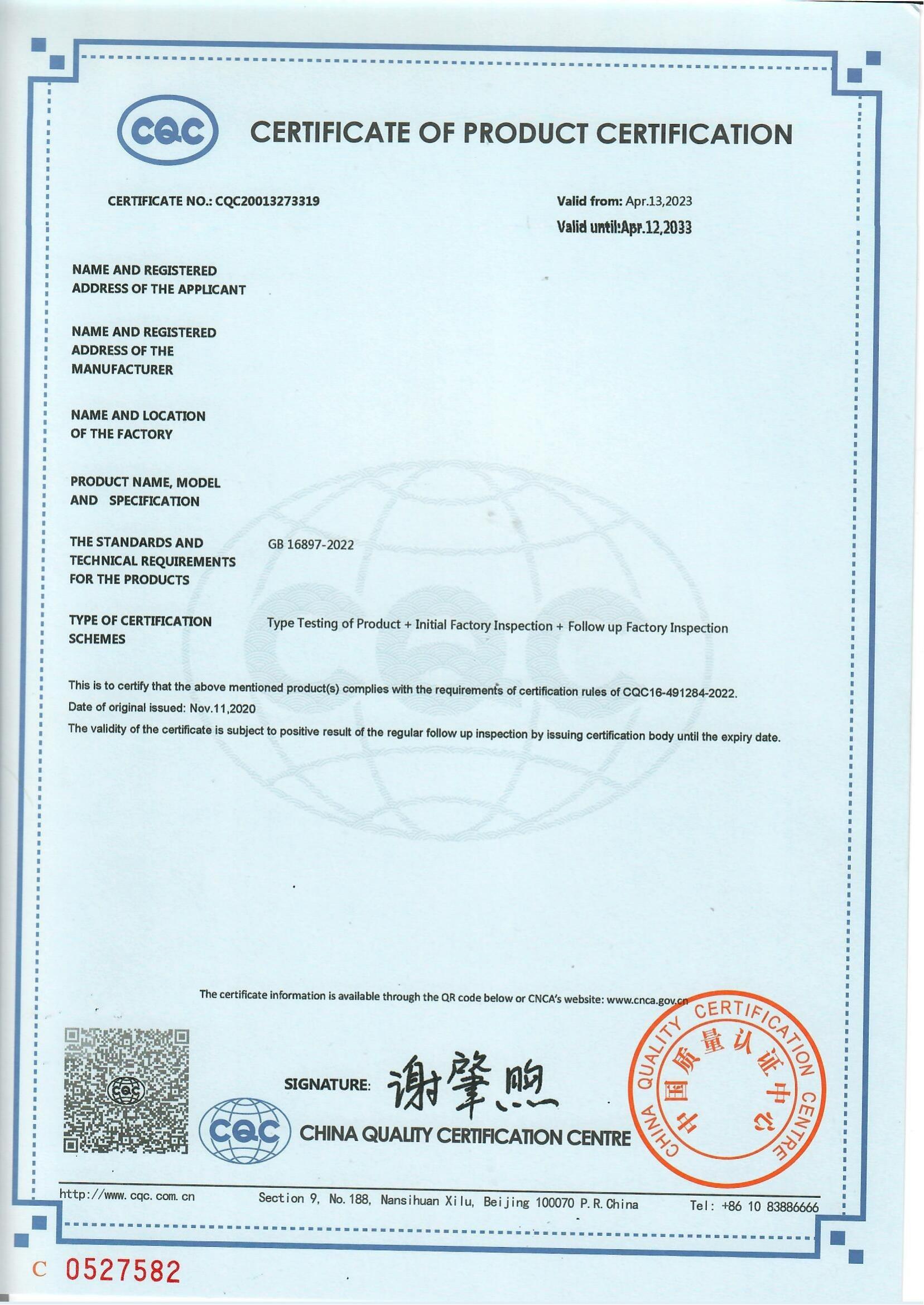Flexible Fuel Oil Hose for Efficient Delivery and Storage Solutions in Marine Applications
Nov . 26, 2024 06:31 Back to list
Flexible Fuel Oil Hose for Efficient Delivery and Storage Solutions in Marine Applications
Understanding Fuel Oil Hoses Importance, Types, and Applications
Fuel oil hoses are essential components in various industries, particularly in transportation, shipping, and fuel distribution. Their primary role is to safely transport fuel oil from one location to another, ensuring that operations run smoothly and efficiently. As the global reliance on fuel oil continues, understanding the specifications and applications of fuel oil hoses is vital for any business involved in fuel handling.
The Importance of Fuel Oil Hoses
Fuel oil hoses are designed to withstand the specific demands of transporting fuel oil. They must possess resistance to heat, pressure, and chemicals, ensuring that they do not degrade or fail during operation. Furthermore, the integrity of these hoses plays a crucial role in preventing leaks and spills, which can lead to environmental hazards and significant financial liabilities.
In sectors such as marine transport and heavy industry, where large volumes of fuel are handled, the choice of hose must be meticulously considered. A failure in a fuel oil hose can lead to catastrophic results including fires, explosions, and environmental contamination. Therefore, selecting the right fuel oil hose is not merely a matter of choice; it is a critical decision that can impact safety, efficiency, and compliance with regulatory standards.
Types of Fuel Oil Hoses
Fuel oil hoses come in various types and sizes, each specifically designed for different applications. Some of the most common types include
1. General Purpose Fuel Hoses These are versatile and can be used for various fuel types, including diesel and heating oil. They are usually reinforced with materials like nylon or polyester to withstand pressures.
2. High-Pressure Fuel Hoses Designed for applications that require the transportation of fuel at high pressures, these hoses are typically constructed with multiple layers of steel mesh and rubber, providing additional strength and durability.
3. Oil Sump Hoses These hoses are often used in oil recovery and handling operations. They are designed to resist abrasion and remain flexible in a variety of temperatures, making them ideal for use in varied environments.
fuel oil hose

4. Marine Fuel Hoses Specifically engineered for use in marine settings, these hoses must meet stringent safety standards. They are typically resistant to saltwater and designed to endure the harsh conditions of maritime environments.
5. Flame-Resistant Fuel Hoses In industries where there is a higher risk of fire, flame-resistant hoses are essential. These hoses are treated with special compounds that provide protection against flames and extreme heat.
Applications of Fuel Oil Hoses
Fuel oil hoses are utilized in numerous applications across various industries
- Transport Vehicles Fuel oil hoses are integral in ensuring that trucks and other transport vehicles can deliver fuel safely to gas stations, warehouses, and terminals.
- Marine Operations In shipping and fishing industries, fuel oil hoses facilitate the transfer of fuel to and from vessels. Their durability and resistance to environmental factors are crucial in these operations.
- Industrial Use Factories and refineries often require fuel oil hoses to manage the distribution and storage of fuel oil. Here, reliability and adherence to safety standards are paramount.
- Heating Systems Fuel oil hoses are also used in heating systems, particularly in residential and commercial applications where oil-fired boilers are employed.
Conclusion
In conclusion, fuel oil hoses are a vital part of fuel management across a wide array of industries. Their ability to safely transport fuel oil while withstanding various environmental and operational pressures makes them indispensable. When selecting a fuel oil hose, it is important to consider the specific requirements of the application, including temperature, pressure, and the type of fuel being transported. By ensuring that the right hose is used, businesses can maintain operational efficiency, safety, and compliance with environmental regulations. Investing in high-quality fuel oil hoses is not just a practical decision; it is a commitment to safeguarding people and the environment.
